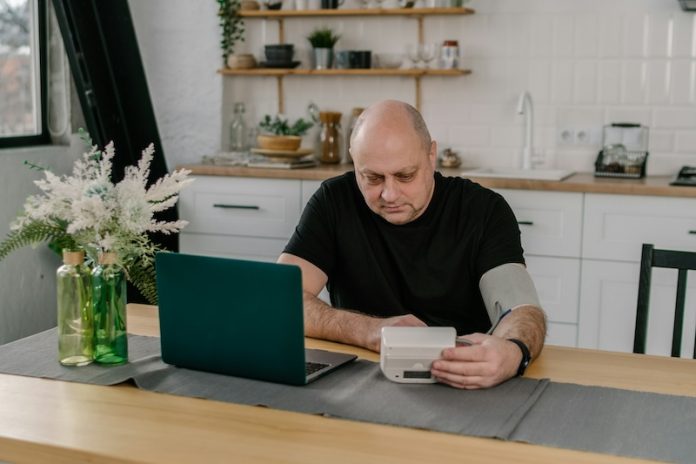
Researchers at Harvard have discovered that nearly 1 in 5 people with high blood pressure (hypertension) may unknowingly take medications for other conditions that make their blood pressure worse.
This finding highlights the importance of reviewing all medications with a healthcare provider, especially for individuals managing chronic conditions like hypertension.
The study, led by Dr. Timothy Anderson and published in JAMA Internal Medicine, analyzed data from the National Health and Nutrition Examination Survey (NHANES) spanning 2009 to 2018.
The team focused on medications known to raise blood pressure, including:
- Antidepressants
- Prescription-strength non-steroidal anti-inflammatory drugs (NSAIDs)
- Steroids
- Hormonal medications
- Decongestants
- Weight-loss drugs
The researchers found that 18.5% of adults with high blood pressure were taking at least one of these medications. People on such drugs were more likely to have uncontrolled high blood pressure if they were not also using blood pressure-lowering medications.
Even for those on antihypertensive drugs, managing blood pressure was more challenging, often requiring higher doses.
High blood pressure is a significant health concern, as untreated or poorly controlled hypertension increases the risk of heart attack, stroke, kidney disease, and vision problems by damaging blood vessels over time.
While lifestyle changes like losing weight, reducing salt intake, and exercising regularly are key strategies to manage hypertension, medication plays a crucial role for many patients. However, this study highlights that medications for unrelated conditions can undermine these efforts.
The findings underscore the need for patients and doctors to communicate openly about all medications being taken, including over-the-counter drugs.
This is particularly important for patients seeing multiple doctors, as each physician may not be fully aware of their complete medication list.
To better control high blood pressure, patients are encouraged to:
- Regularly review their medication list with their primary care provider.
- Ask about potential side effects of new prescriptions, especially their impact on blood pressure.
- Inform all healthcare providers about every medication they are taking, including supplements and over-the-counter drugs.
By identifying and addressing medications that contribute to high blood pressure, individuals can work with their doctors to find safer alternatives or adjust their treatment plans.
This proactive approach may improve blood pressure control and reduce the risks associated with hypertension.
If you care about high blood pressure, please read studies about breakfast for better blood pressure management, and the gut feeling that lowers blood pressure.
For more health information, please see recent studies about how the dash diet helps lower blood pressure, and how to eat your way to healthy blood pressure.
Copyright © 2024 Knowridge Science Report. All rights reserved.



